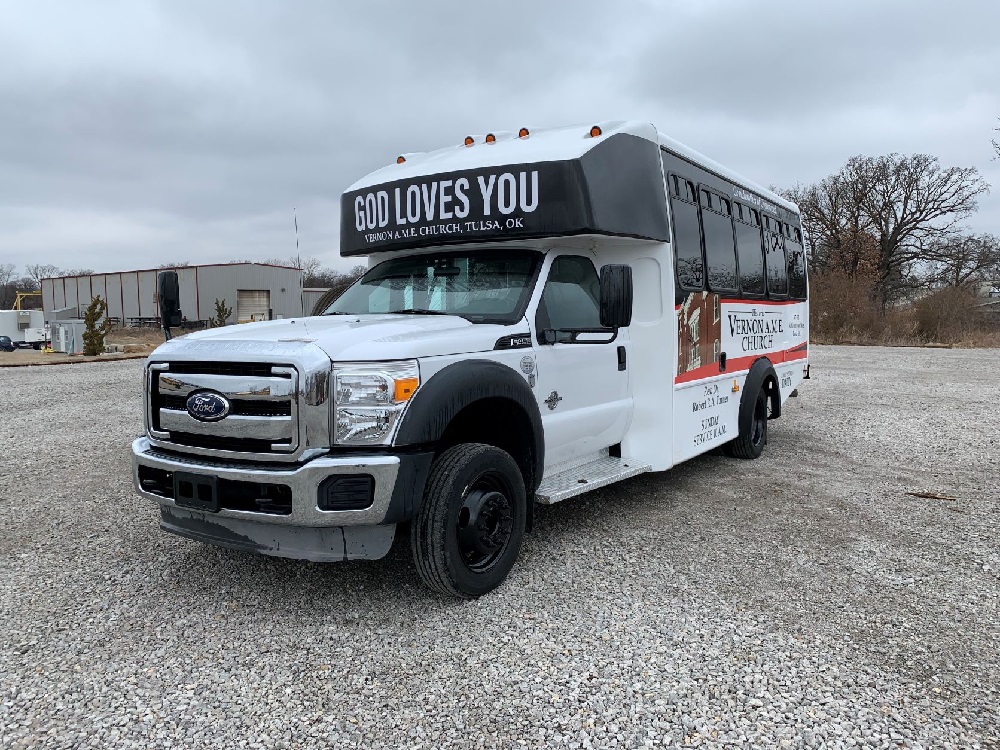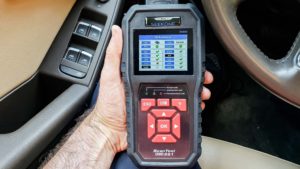
When it comes to selecting a pre-owned bus for your church group, several factors must be considered to ensure you make a wise and informed decision. Purchasing it can be a cost-effective solution providing reliable transportation for church activities. And you can look for “used bus sales” online and find a reputable retailer. This guide will help you explore the essential considerations, helping you find a vehicle that meets your needs, budget, and safety requirements.
Define Your Needs
Start by evaluating your church group’s transportation requirements. Consider factors such as the size of your congregation, the frequency of trips, the distance you travel, and the specific purposes of your transportation needs.
Determine whether you need a large bus to accommodate a sizable group or a smaller vehicle for more intimate gatherings. Understanding your specific needs will allow you to narrow down the options and attain one that suits your requirements.
Set a Budget
Establishing a clear budget is crucial. Determine how much your group can afford to spend on the purchase, factoring in potential maintenance and repair costs. Consider whether you prefer an outright purchase or exploring financing options.
Remember to account for insurance, registration, and other associated expenses. By setting a realistic budget, you can focus your search on vehicles within your price range and avoid overspending.
Research and Inspect
Thorough research is essential before purchasing. Begin by exploring reputable dealerships, online platforms, or auctions specializing in pre-owned vehicles. Pay attention to the make, model, age, mileage, and maintenance records. Ideally, aim for a vehicle with lower mileage and a well-documented service history.
When inspecting, take note of its overall condition, both inside and out. You must look for signs of wear and tear, rust, leaks, or structural damage. Examine the tires, engine, transmission, and electrical systems. It’s advisable to hire a qualified and reliable mechanic to perform a comprehensive inspection to identify potential issues that may not be immediately noticeable.
Safety Considerations
Ensure the vehicle meets all necessary safety standards and regulations. Check for the presence of functioning seat belts, emergency exits, and fire extinguishers. Inspect the brakes, lights, wipers, and other safety features.
Maintenance and Service History
A well-maintained bus will offer excellent reliability and longevity. Request the maintenance records for the one you are considering. Look for evidence of regular servicing, oil changes, and other crucial maintenance tasks. A thorough service history provides assurance that it has been well cared for and may minimize the chances of unforeseen repair expenses.
Consider Fuel Efficiency
In today’s environmentally conscious world, fuel efficiency is an important consideration. Evaluate the fuel consumption to ensure it aligns with your church group’s sustainability goals and budget. Determine whether a gas or diesel engine would be more suitable based on factors such as the average distance traveled, availability of fuel stations, and maintenance costs.
While diesel engines generally offer better mileage for long-distance journeys, gas engines may be more cost-effective for shorter trips. Analyzing fuel efficiency will help you make an informed decision that balances environmental impact and operational expenses.
Insurance and Licensing
Before finalizing the purchase, consider the insurance and licensing requirements. Contact your insurance provider to obtain a quote for coverage and confirm that they insure pre-owned vehicles. Review the licensing regulations in your jurisdiction to ensure that the vehicle you choose complies with all necessary legal requirements. Understanding these aspects beforehand will help you anticipate and budget for the associated costs, ensuring that you are adequately covered and legally compliant when operating it for church-related activities.
Conclusion
You can browse for “used bus sales” online for your church group. It involves careful consideration of your needs, budget, safety requirements, and maintenance history. By following these guidelines and conducting diligent research, you can find a reliable and suitable vehicle that will serve your church community well in its transportation needs.





